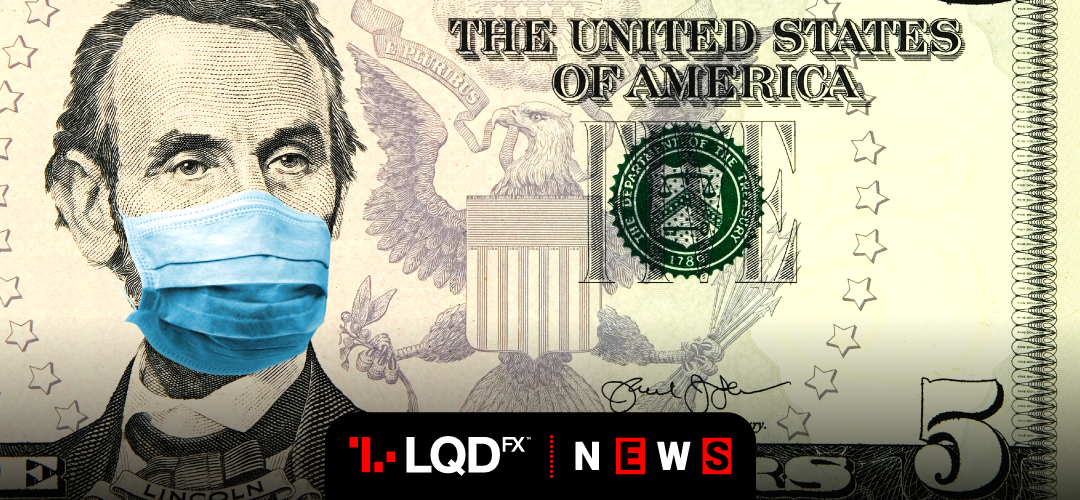Investors reduced expectations that the U.S. Fed would signal more policy easing in response to COVID19 spreading outside China.
As the coronavirus outbreak started to spread quickly to the Middle East and Europe, some investors no longer saw the U.S. economy as immune. Bets that the Federal Reserve would have to cut interest rates to support growth started.
Rising expectations of a U.S. rate cut and warnings from U.S. health officials about the spread of the coronavirus called into question the perceived strength of U.S. financial assets.
Investors had regarded the United States as less exposed to the coronavirus and believed its economy more resilient than other major economies
Fed Vice Chair said on Tuesday that the central bank is monitoring the impact of the COVID19 epidemic on the U.S. economy. However, it is still too soon to gauge if it would require a change in monetary policy. Money markets have also increased expectations of more cuts from the Fed
European Commission said it is still too early to assess the impact of the coronavirus outbreak on the EU economy.
The epidemic, which first emerged in China, flared up in northern Italy last week, increasing fears of a larger-than-expected fallout on the European and global economy.
START TRADINGForex – COVID19 threatens US economy immunity
Broader market sentiment remained cautious. Commodity currencies like the Australian and the kiwi dollar came under fresh selling pressure.
Against a basket of its rivals, the dollar edged 0.1% higher to 99.04. The greenback recovered from two-week low of 98.876 hit in the previous session.
Against the yen, the U.S. currency traded at 110.37 yen, gaining 0.1% in Asia on Japanese buying before month-end.
Commodity currencies came under some selling pressure. The Australian and the New Zealand dollars shed 0.5% each against a broadly sturdy dollar. The risk-sensitive Australian dollar stood at $0.6603, stuck near Monday’s 11-year low of $0.6585.
The euro also struggled to gain traction with the single currency holding below the $1.088 line versus the greenback. The euro fetched $1.08815, extending its rebound since it hit near three-year low of $1.0778 on Thursday.
The pound’s losses on Wednesday deepened as investors cut positions. Against the dollar, the pound fell 0.7% to $1.2913, and by the same extent versus the euro at 84.33 pence.
In commodity markets, oil prices recovered some recent losses in Asia. But there are lingering concerns that expected output cuts by major oil producers will not be enough to offset a decline in global energy demand caused by the virus.
U.S. crude ticked up 0.72% to $50.26 a barrel. Brent crude rose 0.56% to $55.26 per barrel.
Spot gold rose 0.57% to $1,644.38 per ounce as investors sought safe havens.
PLEASE NOTE The information above is not investment advice.
Sources: Reuters, Investing, CNN money
